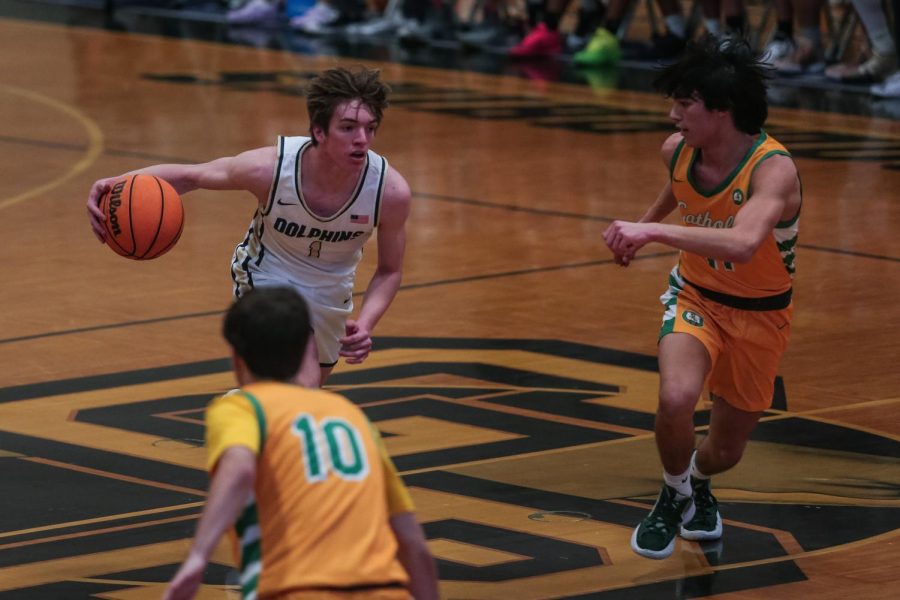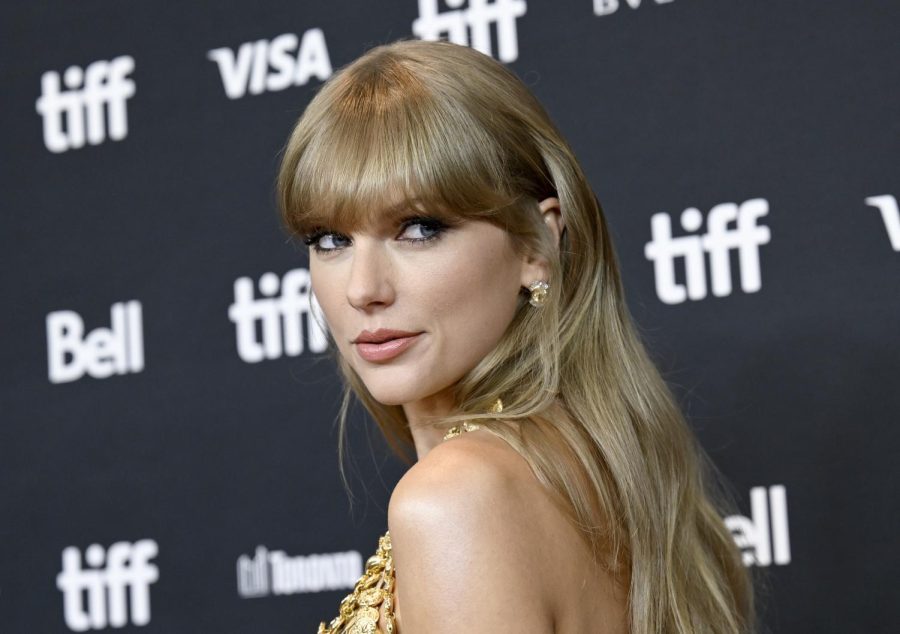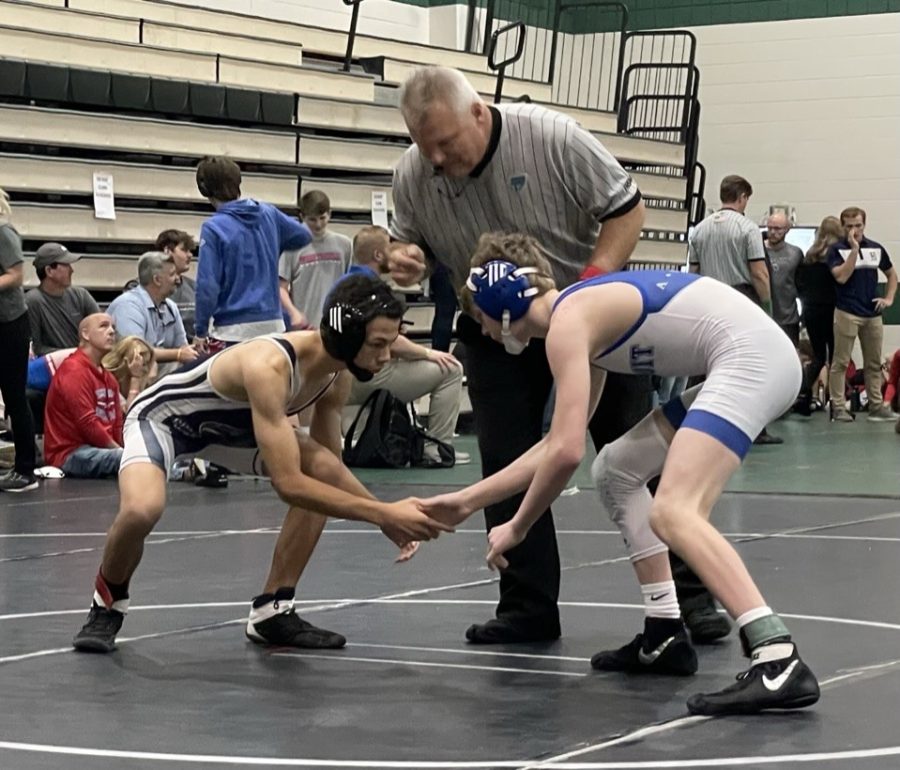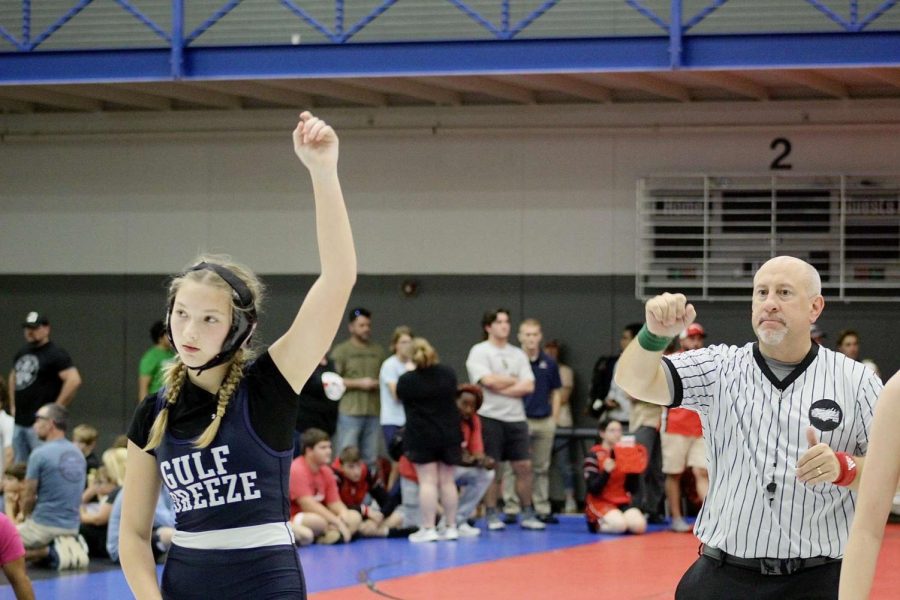Should student athletes be paid?
November 18, 2022
Currently college sports are seen as important throughout the United States. Back in 2018, $18 billion was spent on athletics across more than eleven hundred schools within all three NCAA (National Collegiate Athletic Association) divisions. On top of that, the college level of sports is where many athletes get their starts and gain national recognition for their talent and skill, which prepares them for their life outside of college. This being said, one major question has been asked since college sports gained popularity: “with all of this money being put into college sports programs, should college athletes be paid?”
Many people who support college athletes being paid support their claims by citing the obvious fact that their events bring in large sums of money to their schools and therefore should be reimbursed, just like their professional counterparts. For example, the University of Florida’s football program earned $26.1 million dollars from ticket sales alone alongside another $1 million from concessions in the 2020-2021 football season, which is more than enough to pay their athletes. The problem with this argument is that athletes do already get reimbursed through scholarships to the universities they play for. They are given free housing, training facilities, and can take classes completely cost-free, which costs hundreds of thousands of dollars for their peers, all paid due to the money earned from their sporting events. In addition to that, these athletes are built up and trained in college to succeed in their respective sports once they graduate, which is extremely valuable in and of itself. Another argument that is often made is that training for these sports has left no time for athletes to get a job to cover expenses. This issue has been sufficiently reduced as athletes are offered student assistance funds as the NCAA noted. These funds allow student athletes to pay for much needed clothing, food, and travel; rendering a job unnecessary.
Opponents of student athletes being paid argue that there just is not enough funding to cover all sports programs and many athletes would be paid very insufficient funds. This would mean that there would be smaller teams and programs to keep the same funding and opportunities for their remaining teams equal. This is going to lead to other problems, for instance, the events will rack in fewer and fewer people due to the smaller team sizes. Nobody is going to watch a football game with only 11 people sitting on the bench. This decrease in spectators will most certainly lead to even less money being funneled into these programs, leading to a continuing cycle within these programs.
I believe that with the benefits already offered to student athletes, there is no need to start paying them. They already receive enough reimbursement through scholarships and student assistance funds alongside top of the line fitness programs. With that being said, star college athletes should still be able to make marketing deals and other partnerships with corporations as a form of income, an example being a basketball player getting a signature shoe with Nike. However, as far as college programs go, they should not be required to pay student athletes simply because they already supply students with many privileges that the average student does not have access to.





















